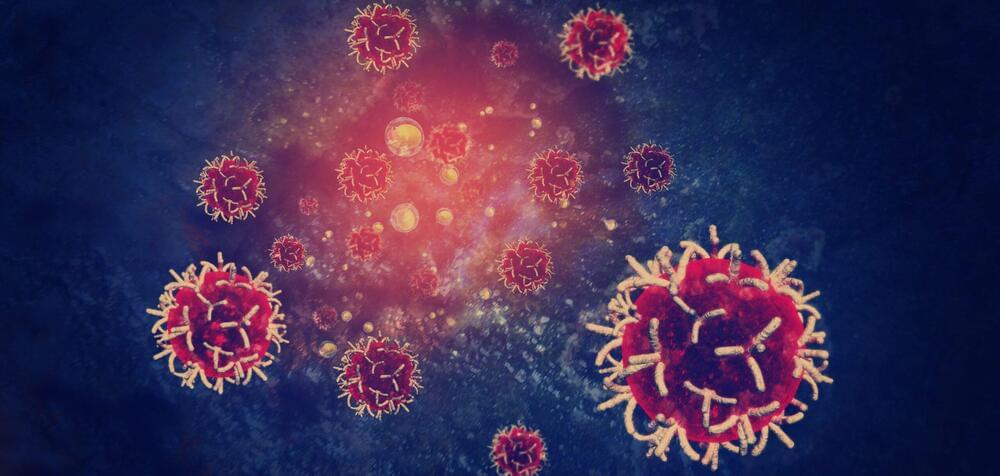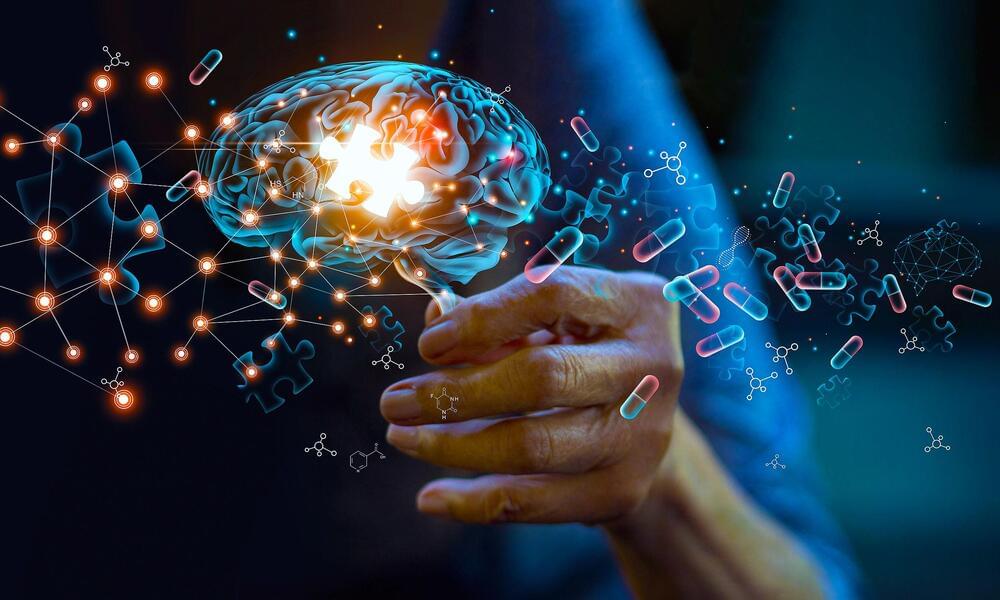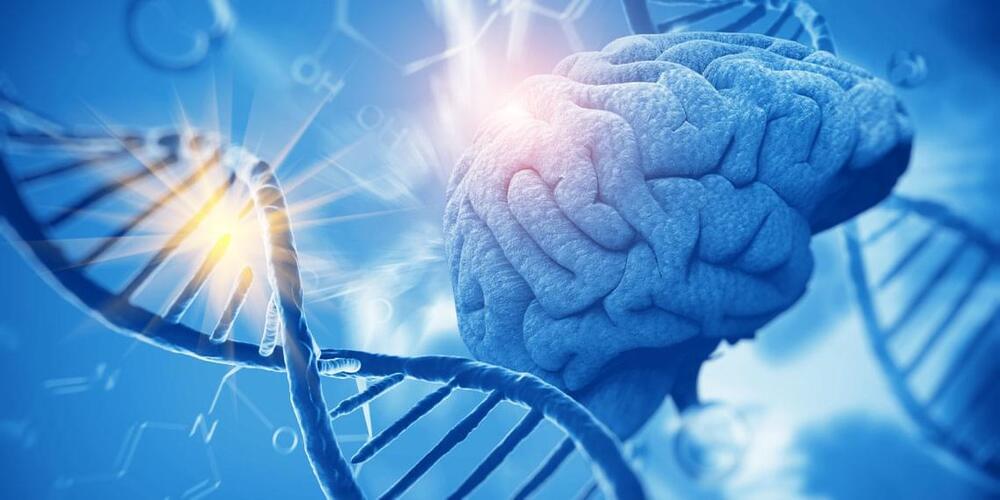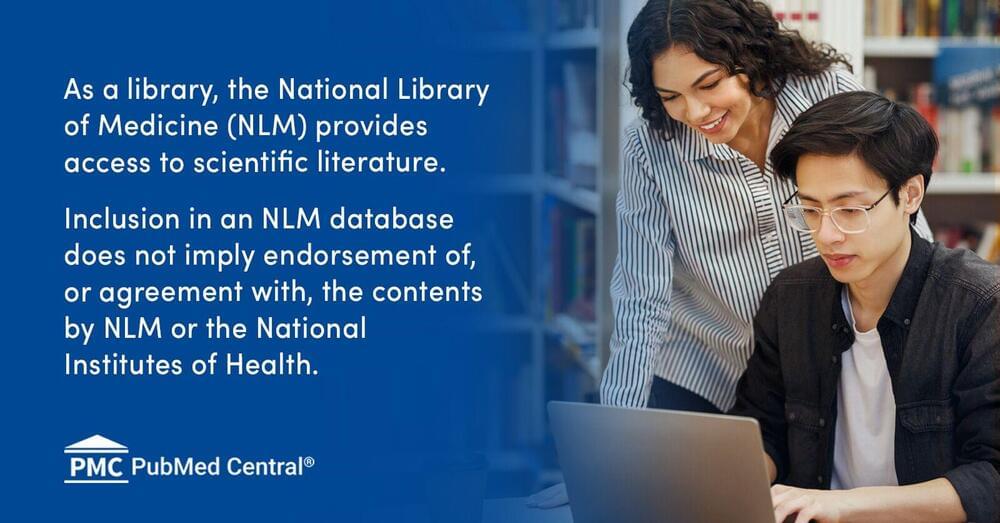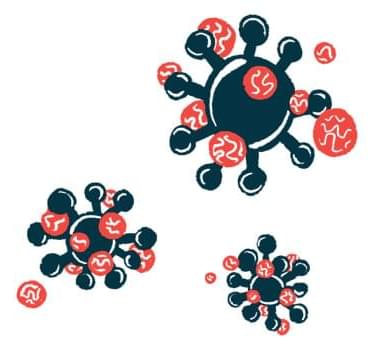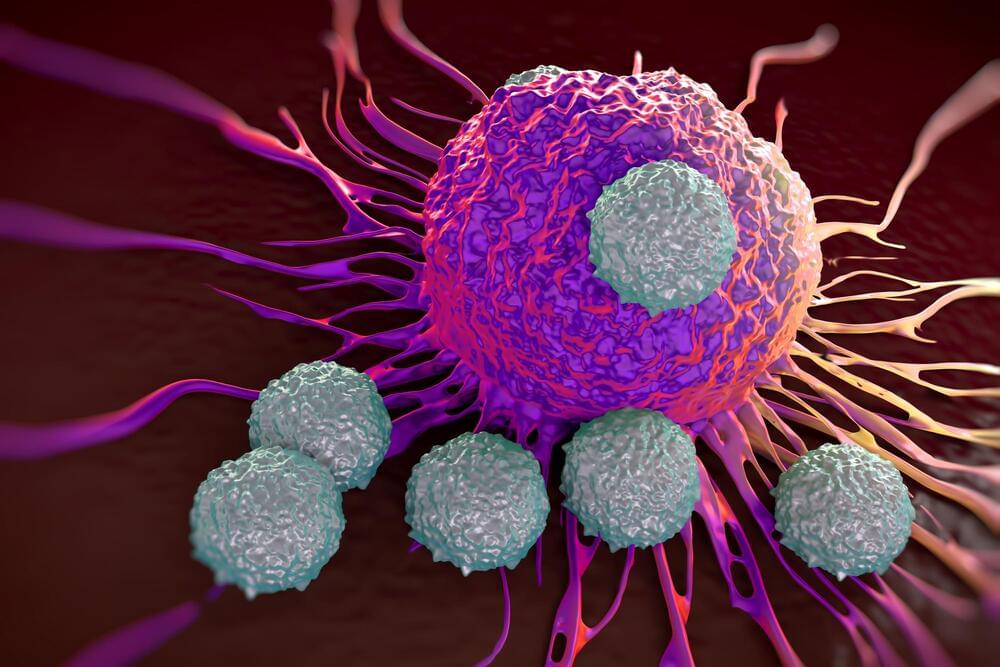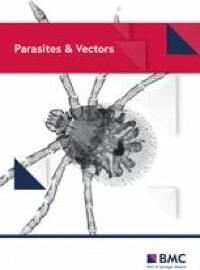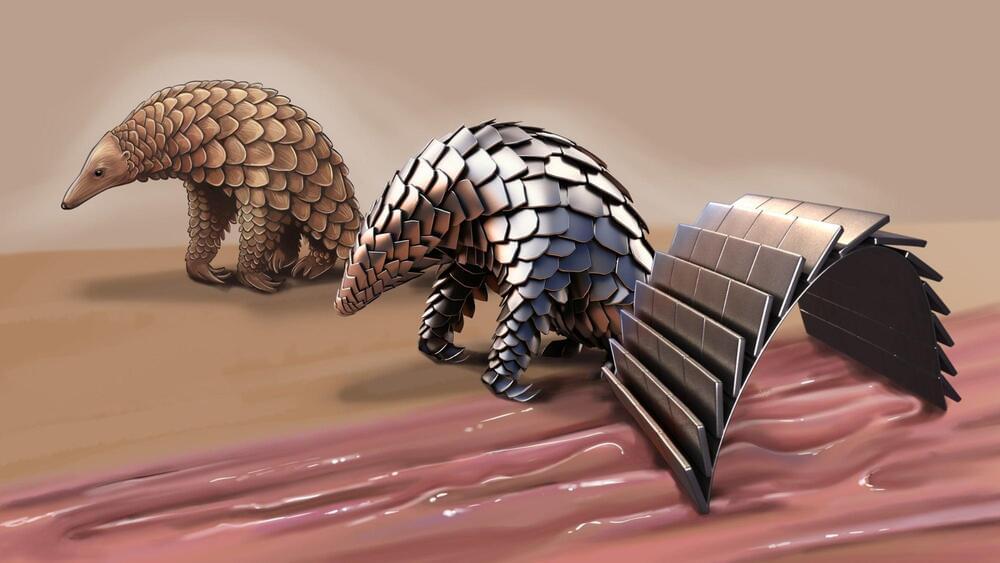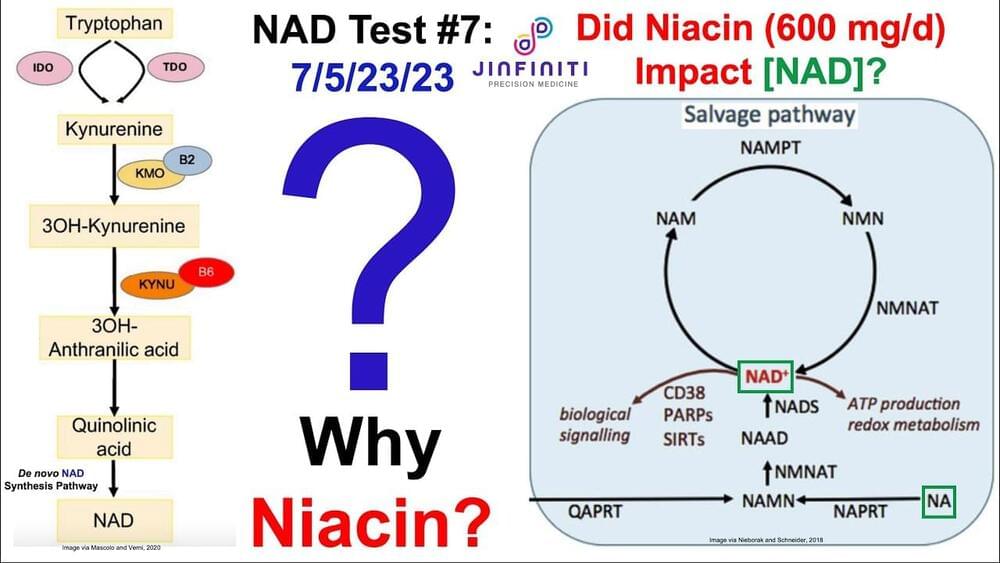Jul 23, 2023
Where does cancer come from?
Posted by Shubham Ghosh Roy in categories: biotech/medical, genetics
We know a lot about cancer, and yet, there is plenty we do not yet know. We do know that some cancers are genetic in nature and a series of changes in key genes can lead to identifiable malignancies down the line. We would certainly want to know what causes cancer in the first place.
Scientists have been trying to replicate the path a cell takes from being normal to becoming pre-cancerous (one of the earliest stages of cancer in which cells become abnormally shaped and sized) for quite some time now. It is a feat that requires human-derived cells to model how cancer comes to be.
Recently, researchers at The Stanford School of Medicine have been able to emulate some of the earliest stages of gastric cancer by starting with gastric organoids (a rudimentary version of the real stomach made from stem-cell-derived gastric cells) that have a single mutation. The study which was published in Nature outlines how the earliest changes in cells could be seen even before the precancerous stage.
